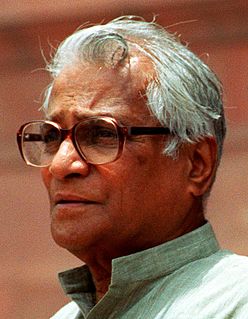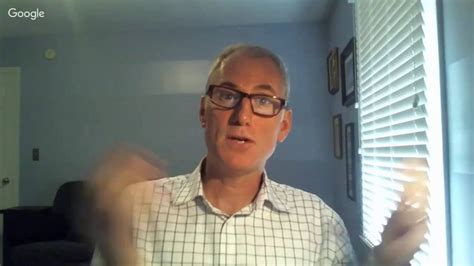A Quote by Barry Humphries
I drift along, thinking about the past a great deal. The past is so reliable, so delightful, and the best place to live. I end up there quite often, you know; it's very comfortable and dependable.
Related Quotes
Marriage is an effort to legalize love. It is out of fear. It is thinking about the future, about the tomorrows. Man always thinks of the past and the future, and because of this constant thinking about past and future, he destroys the present. And the present is the only reality there is. One has to live in the present. The past has to die and has to be allowed to die.
The rational intellect doesn't have a great deal to do with love, and it doesn't have a great deal to do with art. I am often, in my writing, great leaps ahead of where I am in my thinking, and my thinking has to work its way slowly up to what the "superconscious" has already shown me in a story or poem.
One of the great things about being commander in chief is getting to know our men and women in uniform in a very intimate way, whether it's visiting Walter Reed and seeing our wounded soldiers, or being on a base and talking to families, or interacting with them on missions. They're the best of the best: always thinking about the mission, not thinking about credit, not thinking about who's up front.
While I did a lot of research, I ended up feeling that the best way to write about grief was to describe it from the inside out - the show the strange intensities that come along with it, the peculiar thoughts, the longing for that past - all the strange moments of thinking you glimpse the dead person on the street, or in your dreams.

































